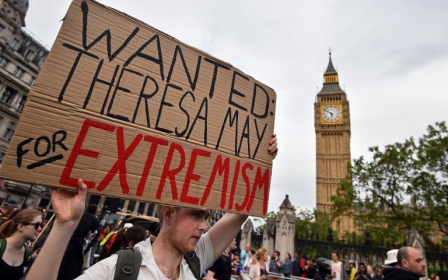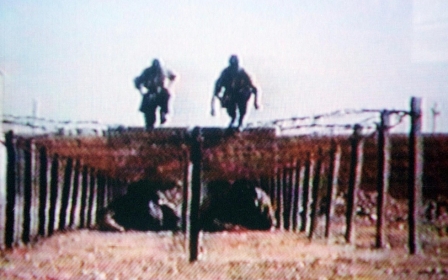Two British IS torturers captured by Syrian Kurdish fighters

Kurdish Syrian fighters captured two British militants suspected of carrying out executions and torturing detainees for the Islamic State (IS) group, multiple news agencies reported on Thursday, citing unidentified US officials.
Alexanda Amon Kotey and El Shafee Elsheikh, who are now in the custody of US-backed Kurdish fighters, were a part of a four-member British IS cell led by Mohammed Emwazi who is believed to have beheaded Western hostages, including American journalists James Foley and Steven Sotloff.
Emwazi, who was known as Jihadi John, was killed by a US air strike in 2015.
Aine Davis, the fourth member of the group dubbed “the Beatles,” was captured by Turkish authorities in 2015 near Istanbul after fleeing IS territory.
The Beatles have beheaded more than 27 hostages, according to US authorities.
Kotey and Elsheikh were labelled as “Specially Designated Global Terrorists” by the US State Department last year.
“As a guard for the cell, Kotey likely engaged in the group’s executions and exceptionally cruel torture methods, including electronic shock and waterboarding,” the State Department said in a statement released in January 2017.
“Kotey has also acted as an ISIL (IS) recruiter and is responsible for recruiting several UK nationals to join the terrorist organisation.”
In a later release, the department said that Elsheikh had “earned a reputation for waterboarding, mock executions, and crucifixions while serving as an [IS] jailer.”
Middle East Eye propose une couverture et une analyse indépendantes et incomparables du Moyen-Orient, de l’Afrique du Nord et d’autres régions du monde. Pour en savoir plus sur la reprise de ce contenu et les frais qui s’appliquent, veuillez remplir ce formulaire [en anglais]. Pour en savoir plus sur MEE, cliquez ici [en anglais].




